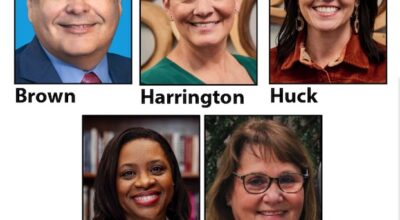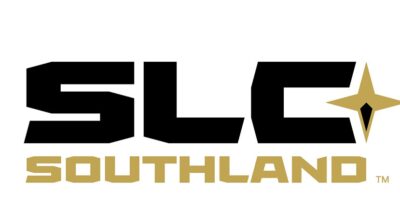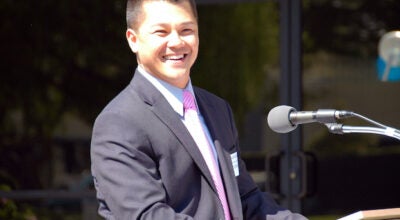Real Reform Louisiana: Loosening rules on insurance industry will hurt state
Published 4:15 pm Thursday, March 7, 2024

- Tim Temple. (Special to the American Press)
State Insurance Commissioner Tim Temple has done away with profit caps to make the state’s business climate more attractive to the insurance industry. New legislation could be on its way to accomplish the same. Temple says more companies and increased competition could lower premiums.
Louisiana home insurance (based on an average) is the fourth highest in the country, according to a February report by the financial services company Bankrate. Nebraskans pay the most, followed by homeowners in Oklahoma and Kansas.
But Ben Riggs calls Temple’s elimination of profit caps, his push to weaken the three-year and bad faith laws, and his repeal of prior approval for insurance rates “stacking the deck in favor of big insurance.”
“It’s a green light to build in much larger profits and weaken or abolish consumer protections,” said the executive director of Real Reform Louisiana, a nonprofit organization of Republicans, Democrats and independents seeking accountability from large insurance companies and large corporations on behalf of consumers.
Riggs said taxpayers are being forced to cover upwards of $1 billion in unpaid claims left behind by 11 insurers who went belly up after moving hundreds of millions into less-regulated affiliates.
If new legislation is passed to further deregulate the insurance industry, premiums could go up but those new laws won’t be the reason premiums go up, according to state Sen. Kirk Talbot. He said rising premiums are the result of the increase in the cost of building materials and labor. The availability of insurance is the problem and the problem is multifaceted, largely due to weather events.
Creating a business climate to attract more companies to write policies will help, he said.
Talbot chairs the insurance committee. Hearings start Wednesday, March 20. He has proposed at least one of the many bills lawmakers will be voting on that removes bad faith penalties for an insurer not in compliance with present law, and adds an insurance that is not in compliance with present law is subject to a penalty not to exceed $5,000.
Talbot said the bill will clean up the current statute language, make it less vague when the claim starts/bad faith penalties kick in, force homeowners to maintain their property and result in less litigation.
The three-year rule offers some protection for consumers, but is not a blanketed protection, Riggs said.
If you weaken the three-year rule, insurance companies will drop policy holders in higher risk areas, such as south of Interstate 10, he said.
“Even if changes do invite new companies into the market, they’re not coming to write policies in those areas,” Riggs said. “The only foreseeable outcome will be those who are dropped going to Citizens, the insurer of last resort and by law is required to be more expensive than anything else.”
Some families can’t tighten their belts another notch. One Calcasieu Parish couple pays more for insurance than for their house payment. Another family, this one in rural Beauregard, started out with a manufactured home payment of $1,270 per month. That includes their homeowner’s insurance premium. After the hurricane, it went up to $1,376.
“I thought that was fair,” the homeowner said. “Then it went to $1,406. So, still fair, I thought. Now, it’s $1,606. Honestly with everything higher, it’s just the last straw.”





